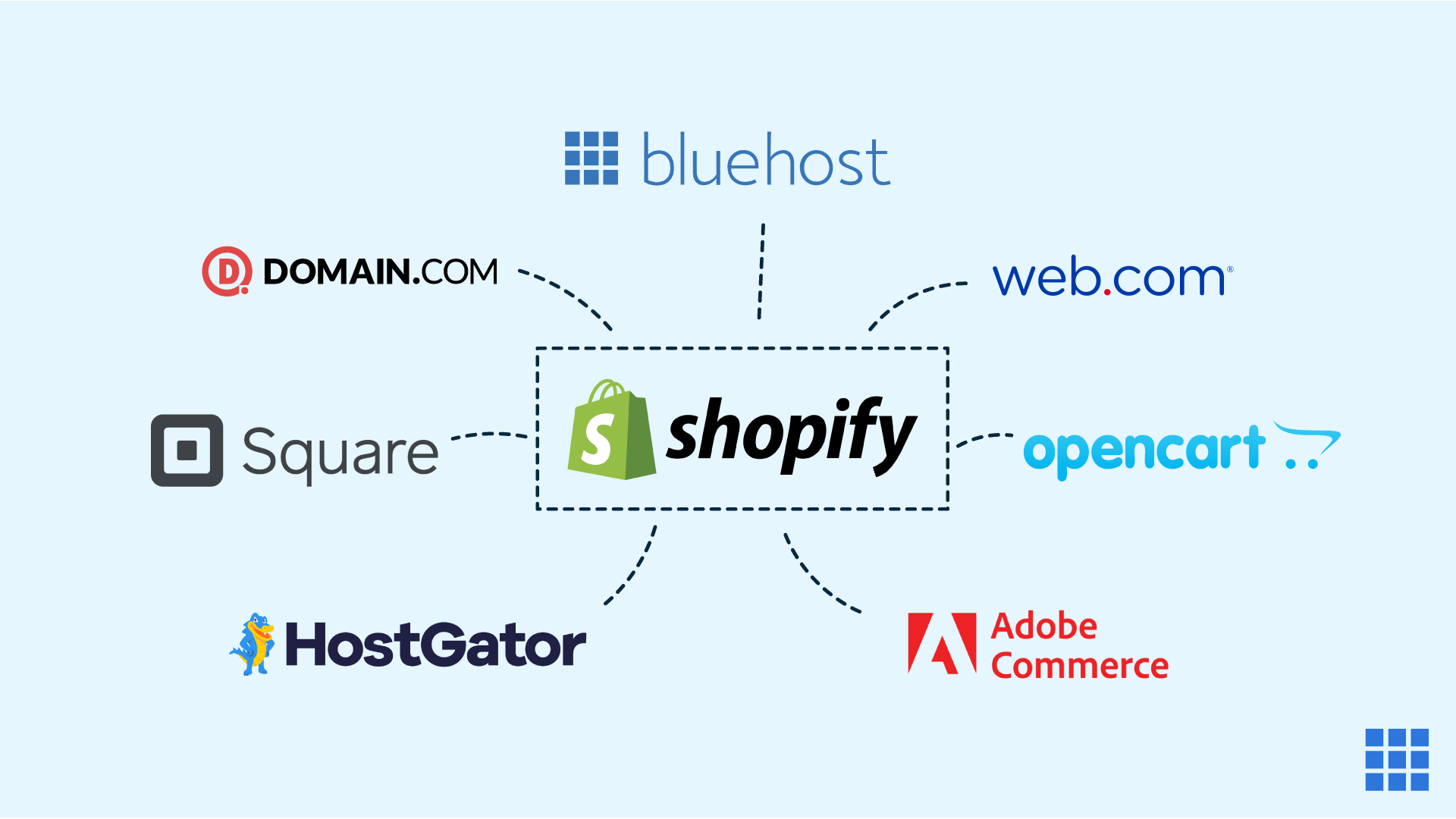If you’re seeking alternatives to Shopify for your e-commerce store, here are some popular platforms to consider:
1. WooCommerce
This WordPress plugin transforms your site into a customizable online store. It’s highly flexible, supports a vast array of plugins, and works well for those familiar with WordPress.
2. BigCommerce
Known for its scalability and built-in features, BigCommerce offers strong SEO tools, multi-channel selling capabilities, and a user-friendly interface. It’s great for businesses looking to grow.
3. Wix eCommerce
Wix’s drag-and-drop website builder makes it simple to set up a store quickly. It offers mobile optimization, secure payment gateways, and a variety of templates.
4. Squarespace
Squarespace emphasizes design and aesthetics, making it ideal for visually-driven brands. It provides e-commerce functionality with inventory management, product galleries, and integrated marketing tools.
5. Magento (Adobe Commerce)
A robust platform that excels in scalability and customization. It is best for larger businesses or those with development resources, as it offers extensive flexibility.
6. Shift4Shop (formerly 3dcart)
It’s a fully-hosted e-commerce platform that includes tools for SEO, payment processing, and customization. Ideal for small to mid-sized businesses.
7. Ecwid
A great option for adding an e-commerce component to an existing website. It’s user-friendly and integrates easily with platforms like WordPress, Wix, and others.
8. PrestaShop
An open-source platform that provides extensive customization, ideal for users with technical expertise or access to developers.
These platforms offer a range of features and capabilities, allowing businesses of various sizes and industries to find a suitable solution. Your choice will depend on factors like ease of use, scalability, budget, and specific e-commerce needs.





